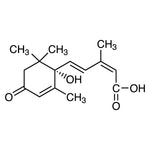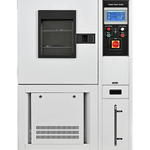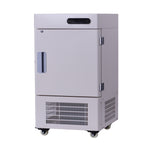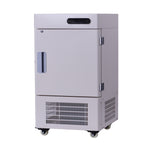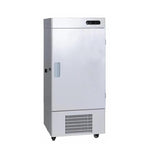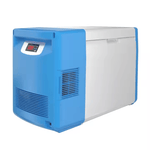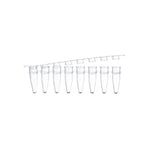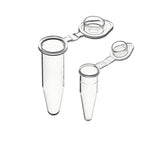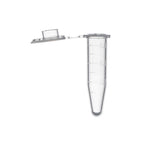![]()

MycGuard-1 vs. Pool Cleaners: Why CO₂ Incubators Require the Right Antimicrobial Solution
When it comes to preventing microbial contamination in sensitive lab equipment, particularly CO₂ incubators, choosing the right disinfectant is critical. It is not simply a matter of prefrence; it is essential for protecting research integrity, equipment longevity, and cell viability. While both MycGuard-1 Solution and pool cleaners are antimicrobial agents, their chemical compositions, intended applications, and safety profiles are fundamentally different.
MycGuard-1 is specifically designed for laboratory settings and is the appropriate choice for disinfecting CO₂ incubators. Pool cleaners, on the other hand, are not a suitable substitute.
Using a disinfectant outside its intended environment can result in corrosion, cell death, toxic exposure, and compromised experiments.
Advantages of MycGuard-1 in Eliminating Mycobacteria and Fungi
MycGuard-1 Solution is uniquely designed for CO₂ incubators and sensitive cell culture environments, where maintaining sterility without damaging equipment or cells is essential. It is the only shelf-stable solution on the market specifically formulated to eliminate Mycobacteria—a notoriously resilient group of microbes. MycGuard-1 is a non-toxic, non-corrosive, non-volatile antimicrobial and fungicidal agent. This makes it ideal for regular use in laboratories focused on cellular research, microbiology, and biotechnology.
Key Features of MycGuard-1:
1. Shelf-stable and degrades naturally within 7–10 days, leaving no harmful residue.
2. Non-toxic, non-corrosive, and non-volatile specifically designed to prevent microbial contamination.
3. Effectively protects against bacteria, fungi, and mycoplasma without causing corrosion or irritation.
Because of its safety profile and targeted action, MycGuard-1 is widely used in cleanrooms, tissue culture labs, and pharmaceutical manufacturing, where contamination control must not compromise experimental integrity or cell viability.
Harmful Effects of Using Pool Cleaners in the Lab
Some may assume that a strong, broad-spectrum product like a pool cleaner could be a viable alternative for disinfecting CO₂ incubators. However, this is a dangerous misconception. Pool cleaners are designed to sanitize recreational water environments, such as swimming pools, where the goal is total microbial eradication in large, open systems—not the gentle, targeted disinfection required for enclosed, precision laboratory equipment.
Problems with Using Pool Cleaners:
1. Chemically Harsh: Contain chlorine, bromine, and algaecides that aggressively oxidize organic material including experimental samples and lab surfaces.
2. Toxic to Cells: Highly toxic to biological samples, making them incompatible with live cells or tissue cultures.
3. Corrosive: Capable of damaging stainless steel, sensors, seals, and electronic components within CO₂ incubators.
4. Unsafe Byproducts: Can generate harmful compounds such as chloramines and trihalomethanes, which pose health risks to lab personnel and can compromise experimental environments.
Most importantly, pool cleaners are not designed to eliminate specialized lab contaminants like mycoplasma or mycobacteria, which require specific antimicrobial activity.
Protect Your Research with the Right Disinfectant
MycGuard-1 is specifically designed for CO₂ incubators and sensitive laboratory settings, providing powerful antimicrobial protection without the risks of corrosion, toxicity, or experimental interference. Pool cleaners, by contrast, are formulated for an entirely different purpose and are dangerous, corrosive, and biologically incompatible with research environments. Don’t compromise your research with the wrong product. When it comes to disinfecting CO₂ incubators, MycGuard-1 is the only safe and effective choice.


